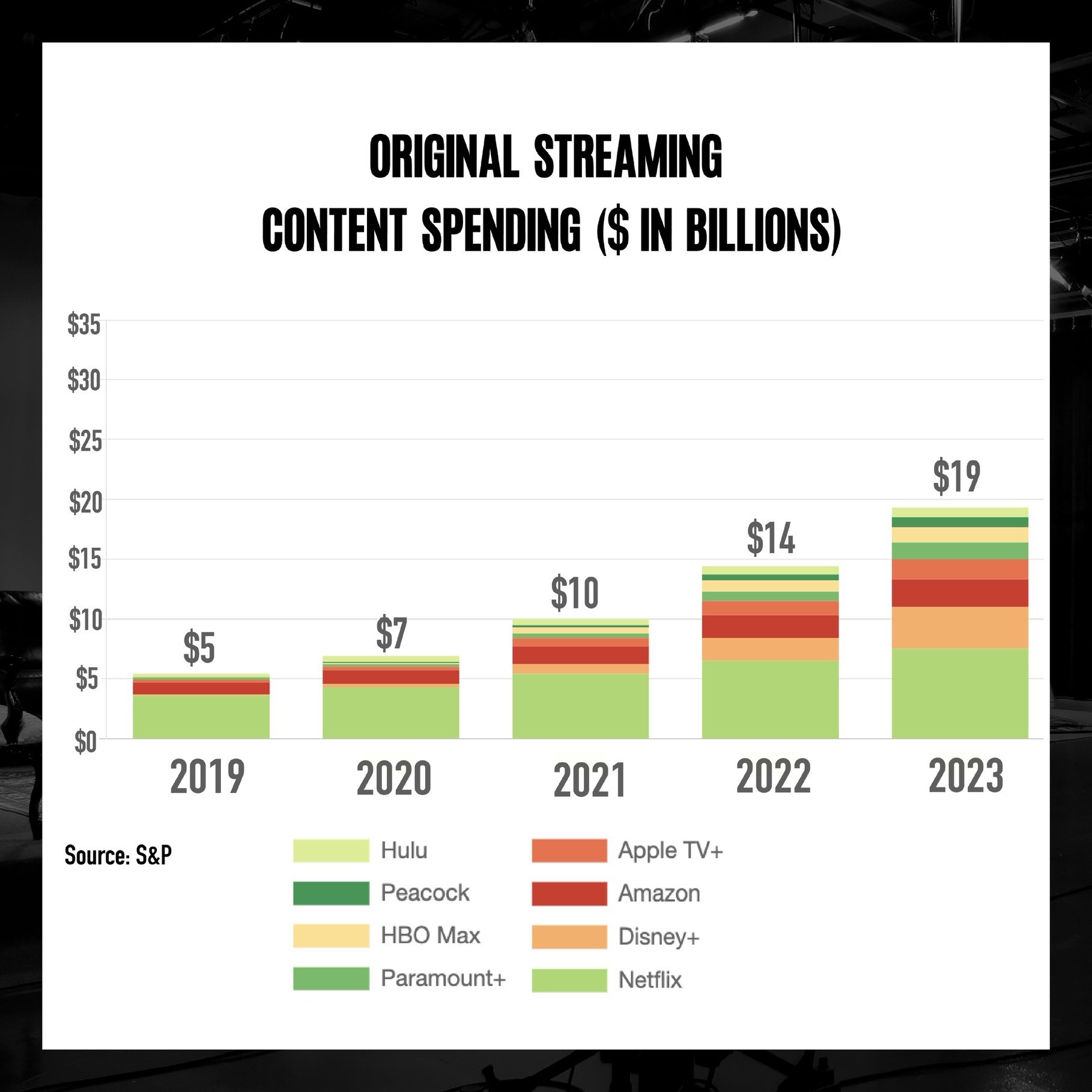How are you living the American Dream? For me it’s numbers, gymnastics, and rock & roll. Born energetic and inquisitive, with an insatiable appetite for knowledge, I’ve been an avid reader my whole life. I analyze and question everything! I was lucky, raised by highly educated parents with financial means. I did well in school and basically got everything I asked for. Reality set in by the time I was 24 though, with both of my parents gone. It was me and my autistic brother ready to take on the world! Our parents taught us to work hard, show respect, and try to make the world a better place. I’m certain we’ve made them proud! And I’ll bet they’d get a big kick out of my bucket list photo with Steven and Joe.
In general, most Americans agree that everyone should have a chance to improve themselves and do better in life. Hard work, higher education, civic participation, and a level playing field matter greatly. Today though, America faces serious challenges on both widening economic and political inequality, and the interplay between these two problems.
It is widely recognized that increasing income & wealth inequality is a major problem and that addressing this issue is critical to promote strong and sustained growth. The Organisation for Economic Co-Operation and Development (OECD) reports that rising inequality cost the U.S. economy almost 7% between 1990 and 2010. In 2013, income of the top 10% was 19 times higher than the bottom 10%. That ratio was 12.5 in the mid 1990’s and 11 in the mid 1980’s. “Countries that promote equal opportunity for all from an early age are those that will grow and prosper.” http://www.bbc.com/news/business-30390232
In recent years Lloyd Blankfein has spoken about the need for public policies that promote fairer distribution of wealth, while not overly crimping its creation. He rose from income disparity in an East New York housing project to become CEO of Goldman Sachs, and Wall Street’s newest billionaire at 60. “I know I’m a big fat cat, plutocrat kind of guy, but I will tell you I’ve been the beneficiary of some of these redistribution policies, living in public housing and getting need based scholarships to Harvard.” http://www.bloomberg.com/news/articles/2015-07-17/blankfein-becomes-billionaire-riding-goldman-s-shares-to-riches?cmpid=linkedin.company
The Economic Policy Institute (EPI) warns that wage stagnation is the country’s greatest economic challenge. Wages for most American workers have stagnated or declined since 1979, and expanding over the last 12 years to college educated workers. In the same period of time, economy wide productivity has risen by 64%. This means that the potential for adequate widespread wage growth has existed for 3+ decades, but has not happened for most. The U.S. middle class had $17,867 less income in 2007 because of the growth of inequality since 1979.
http://www.epi.org/pay-agenda/ http://www.epi.org/publication/charting-wage-stagnation/
In a September 2014 Economist article, central bankers tell how they used to worry about a return to the price wage spiral days of the 1970’s. Since the 2008 financial crisis though, the worry is now on stagnant wages and the growing risk of deflation. They feel a healthy and sustained recovery in the rich world will remain elusive until the pay squeeze ends. http://www.economist.com/news/finance-and-economics/21615589-throughout-rich-world-wages-are-stuck-big-freeze
This leads to the discussion of how rising political inequality factors into the equation. A study at Northwestern University found that policy preferences of the affluent (top 1% of US wealth holders) vary widely from those of the general public, who are more open to policies reducing inequality. The wealthy are extremely politically active and have far greater influence than the general public. As to policy preferences, 40% of the affluent favor minimum wage reform, compared to 78% of the general public. A notable area of difference is deficit reduction. 87% of the affluent name budget deficits as the top problem facing our country. The general public is concerned about budget deficits as well, but to a lesser degree. 2012 CNN exit polls showed 59% considered the economy the most important issue, compared to 15% who named the deficit. http://www.russellsage.org/research/reports/wealthy-americans-political-preferences
A key policy area deemed critical to upward social mobility is higher education. While affluent Americans and business leaders broadly favor access to higher education, they often do not prioritize education policies over other goals such as lower taxes. In New Jersey for example, Governor Christie, whom affluent voters supported by a 21% margin in 2009, has issued more than $1.57 billion in corporate tax breaks, while cutting school district funding in 2010 and 2011 by $1.3 billion. Education advocates successfully sued the state for failing to meet minimum education standards. A judge ruled the plan underfunded schools by $1.6 billion over two years. 59% of New Jersey registered voters opposed those steep education cuts. Similar cuts to education and expansion of tax credits favoring the wealthy and business have occurred in Florida and Pennsylvania, where Governors were elected with strong affluent voter support.
Voting is one of the most concrete ways that citizens influence public policy. 82% of Americans making over $150,000 voted in the 2008 Presidential election, compared to 65% making under $50,000, and just 50% for those making under $30,000.
Looking at 2012 Presidential campaign contributions, while just 0.07% of the US population gave $2,500 or more, this totaled $1.4 billion. The total for those giving $200-$2,500 was $486 million, and small donors giving less than $200 totaled $313 million.
I love numbers because they tell a story! My brain finds solutions through numbers. As an analyst in the highly competitive and rapidly evolving capital markets industry, you have to stay abreast of a lot of “number intelligence”. There are many specifics that would probably fill a complete blog post for each, and perhaps I’m already formulating ideas for the coming months. But if we turn our focus more broadly, economic activity across the US and global economy is where it begins. I am so grateful for the mentors in my life who afford me the opportunity to discover and learn a diverse, and often provocative, set of information and stats. As I pulled this post together, I gained new understanding I find compelling. Isn’t that what it’s all about?
As for living the American Dream, my brother Geoffrey will surely continue to build model airplanes and call me with excitement every time a Bell Boeing V-22 Osprey or a Black Hawk Sikorsky helicopter flies over Riverdale. I’m going to keep modeling and analyzing numbers, judging & cheering on gymnasts, and saving my money so I can buy more rock & roll VIP tickets …
Life is short, make the most out of it, live with joy, purpose, and abundance… Dream On America!
https://www.youtube.com/watch?v=54BCLYNkFKg


